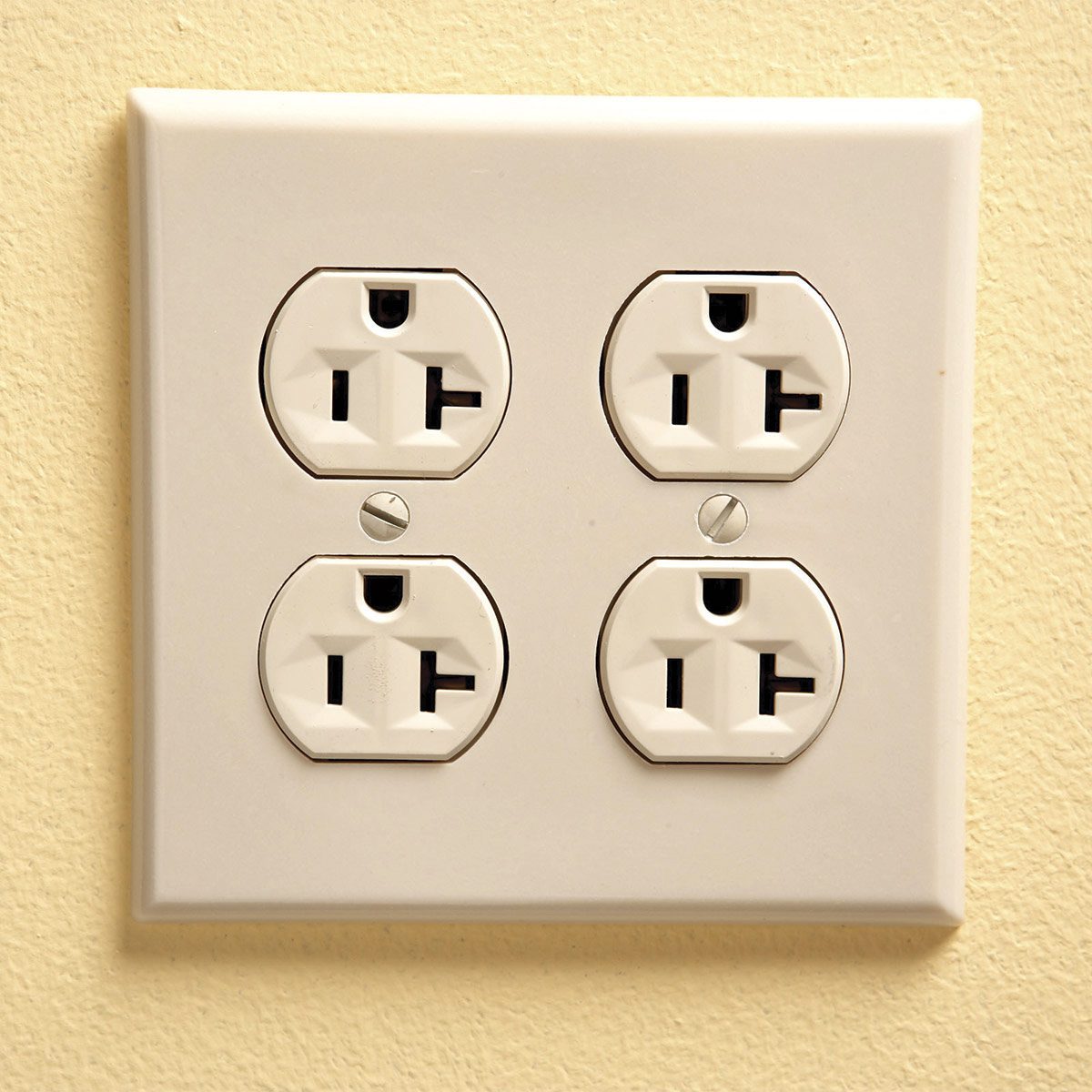buckeyefarmer
Epic Contributor
I install mine ground down, I just think they look better.
Some commercial jobs required them up, but I think it was local code. The reason is you could unscrew a metal plate cover, with something partly plugged in, and cover could drop and short out. Pretty lame excuse to me, why would anyone be removing a cover with something plugged in?
Some commercial jobs required them up, but I think it was local code. The reason is you could unscrew a metal plate cover, with something partly plugged in, and cover could drop and short out. Pretty lame excuse to me, why would anyone be removing a cover with something plugged in?

